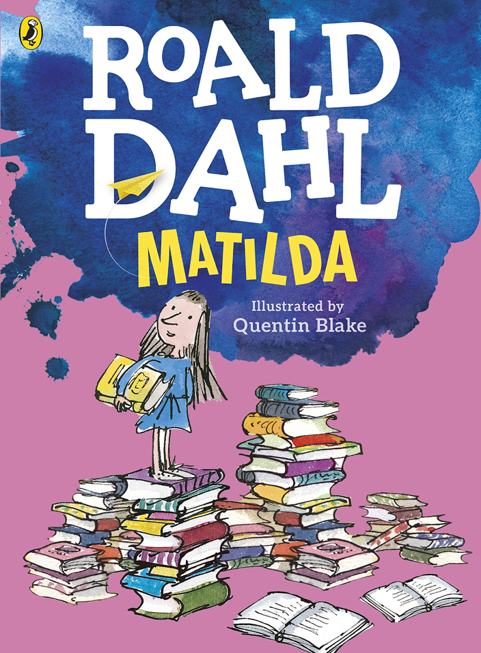 Do you believe in perfection? Is anything ever perfect? Matilda is a children’s fantasy proudly written by British writer Roald Dahl and published in 1988 in London. This story revolves around Matilda, an intelligent and selfless girl as she puts her telekinetic powers to use.
Do you believe in perfection? Is anything ever perfect? Matilda is a children’s fantasy proudly written by British writer Roald Dahl and published in 1988 in London. This story revolves around Matilda, an intelligent and selfless girl as she puts her telekinetic powers to use.
Mathilda loves reading, and this passion is supported by Miss Honey but not Matilda's parents. What does this tell us about the relationship between goodness and literacy? Would you agree, and why?
Matilda and Miss Honey are undeniably close and supportive of each other. How are they similar in terms of their childhood experiences, perspective on education and outlook on life? How does this push their relationship to a new level?
When Matilda lost her powers later in the story, she admitted to Miss Honey that she does not want to be a miracle worker. What is the significance of this mentality of hers, and what does it reveal to us about Matilda’s true desire? Are you convinced by Miss Honey’s theory on why Matilda lost her powers? Why?
A ‘foil’, in literature, refers to a character who contrasts with another in order to accentuate certain qualities of the latter. In which ways is Miss Trunchbull Miss Honey’s ‘foil’? Can you think of any character in any book to whom Matilda’s parents could serve as a ‘foil’?
The story ended with Matilda willingly parting with her family and staying with Miss Honey. Did you find this ending logical? Do you think Matilda or her parents would regret this decision years later, and what makes you think so?

